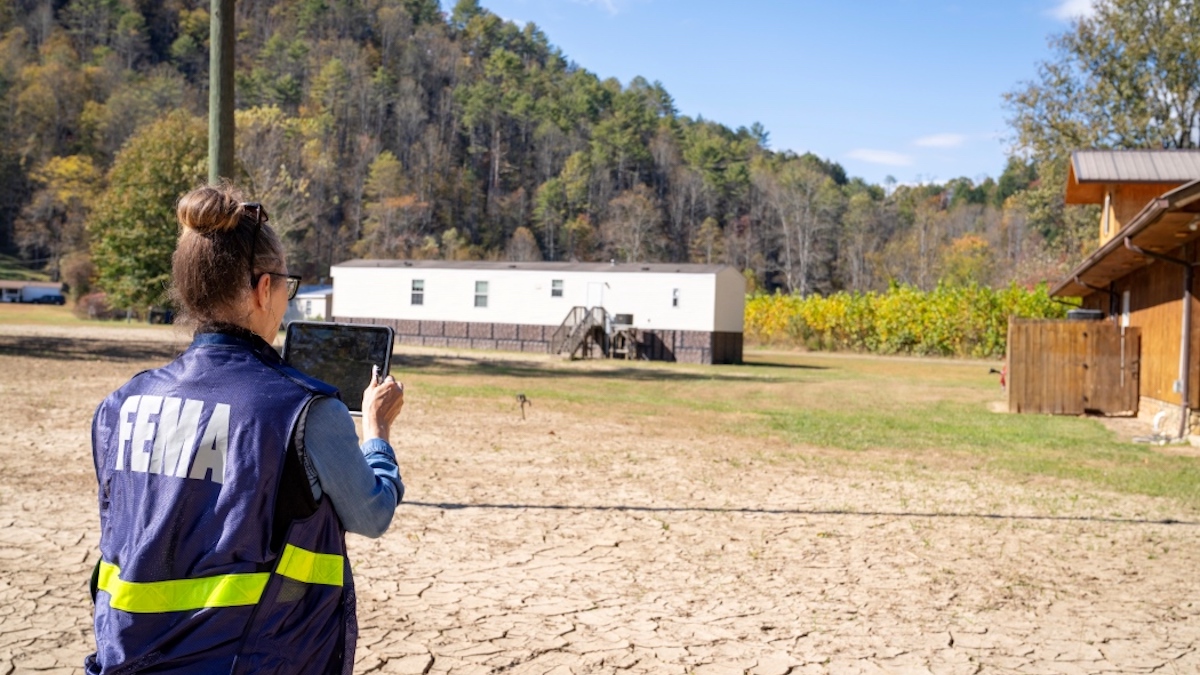About 400 million people worldwide have been afflicted with long Covid, according to a new report by scientists and other researchers who have studied the condition. The team estimated that the economic cost — from factors like health care services and patients unable to return to work — is about $1 trillion worldwide each year, or about 1 percent of the global economy.
The report, published Friday in the journal Nature Medicine, is an effort to summarize the knowledge about and effects of long Covid across the globe four years after it first emerged.
It also aims to “provide a road map for policy and research priorities,” said one author, Dr. Ziyad Al-Aly, the chief of research and development at the V.A. St. Louis Health Care System and a clinical epidemiologist at Washington University in St. Louis. He wrote the paper with several other leading long Covid researchers and three leaders of the Patient-Led Research Collaborative, an organization formed by long Covid patients who are also professional researchers.
Among the conclusions:
About 6 percent of adults globally have had long Covid.
The authors evaluated scores of studies and metrics to estimate that as of the end of 2023, about 6 percent of adults and about 1 percent of children — or about 400 million people — had ever had long Covid since the pandemic began. They said the estimate accounted for the fact that new cases slowed in 2022 and 2023 because of vaccines and the milder Omicron variant.
They suggested that the actual number might be higher because their estimate included only people who developed long Covid after they had symptoms during the infectious stage of the virus, and it did not include people who had more than one Covid infection.
Many people have not fully recovered.
The authors cited studies suggesting that only 7 percent to 10 percent of long Covid patients fully recovered two years after developing long Covid. They added that “some manifestations of long Covid, including heart disease, diabetes, myalgic encephalomyelitis and dysautonomia are chronic conditions that last a lifetime.”
The consequences are far-reaching, the authors wrote: “Long Covid drastically affects patients’ well-being and sense of self, as well as their ability to work, socialize, care for others, manage chores and engage in community activities — which also affects patients’ families, caregivers and their communities.”
The report cited estimates that between two million and four million adults were out of work because of long Covid in 2022 and that people with long Covid were 10 percent less likely to be employed than those who were never infected with the virus. Long Covid patients often have to reduce their work hours, and one in four limit activities outside work in order to continue working, the report said.
Treatment remains one of the biggest challenges.
There is still too little known about treating long Covid, the authors wrote, and there remains a “near-total absence of evidence from randomized clinical trials to guide treatment decisions.”
Worldwide, the researchers said, patient care is hampered by overburdened health systems and a lack of knowledge by medical professionals, some of whom erroneously consider the symptoms to be psychosomatic.
There has been some progress in understanding the biological mechanisms behind long Covid, but many questions remain. The authors discussed several theories, including: fragments of virus remaining in the body, immune system dysregulation, inflammation and blood circulation problems, and microbiome imbalance. Other chronic conditions, like myalgic encephalomyelitis/chronic fatigue syndrome, or ME/CFS, have similar symptoms and may have similar biological mechanisms.
“Long Covid likely represents a disease with many subtypes; each may have their own risk factors, biological mechanisms and disease trajectory, and may respond differently to treatments,” the authors wrote.
The report included research recommendations and policy proposals.
The report calls for much more research into treatments, diagnostics, biological mechanisms and the economic and social effects of long Covid. It also recommends new policies, including flexible workplaces, easier access to disability benefits, equitable access to health care, education and professional associations for medical providers, and international cooperation to speed progress.




















Discussion about this post